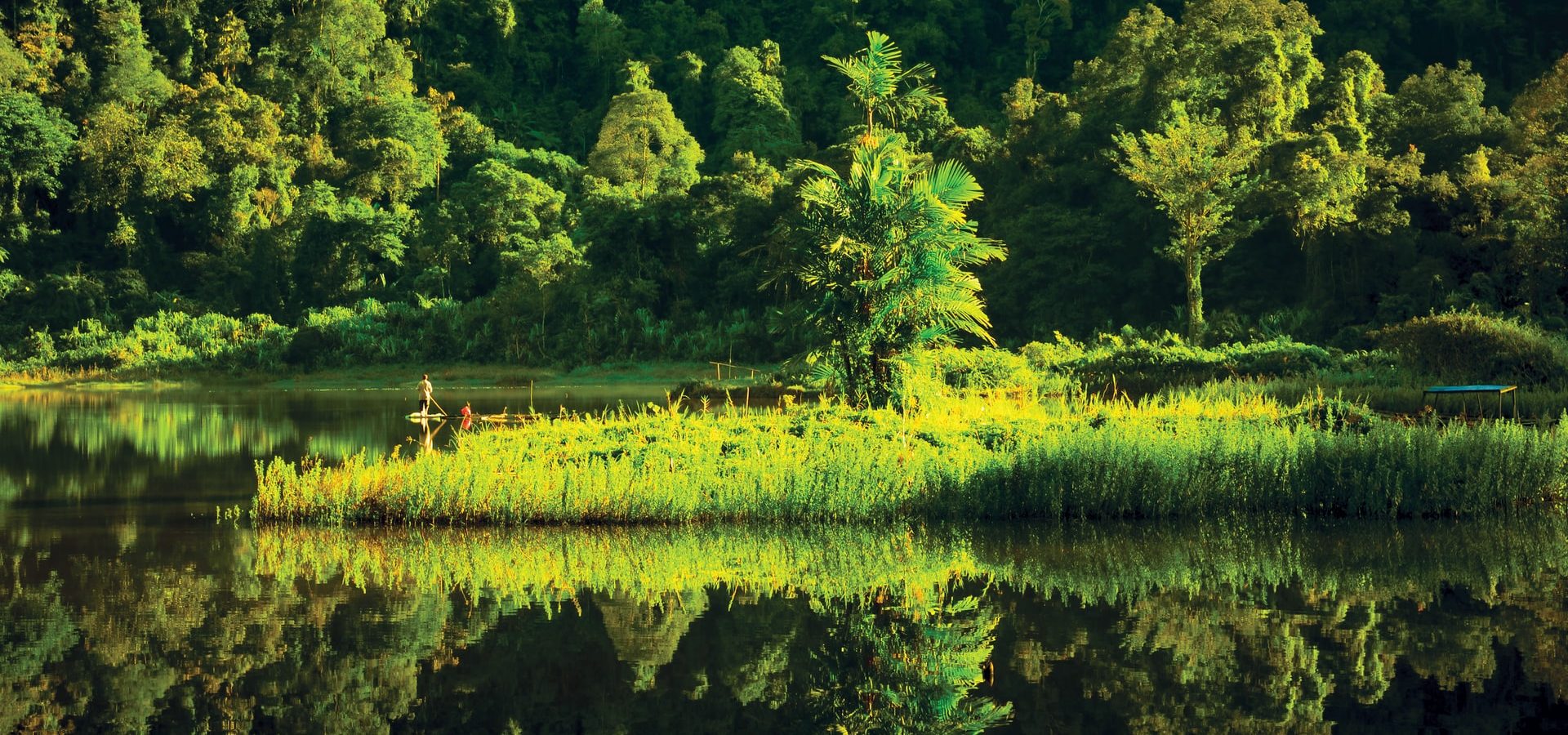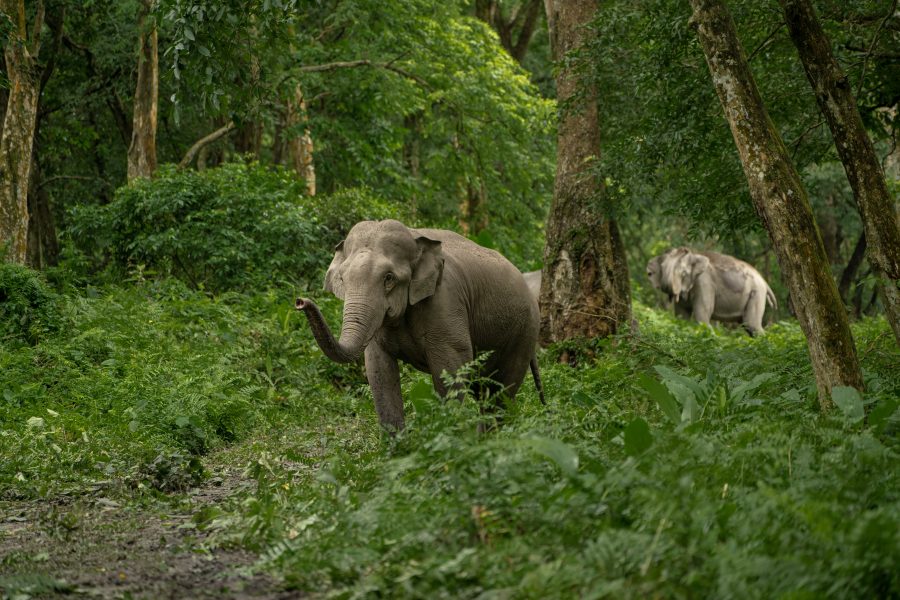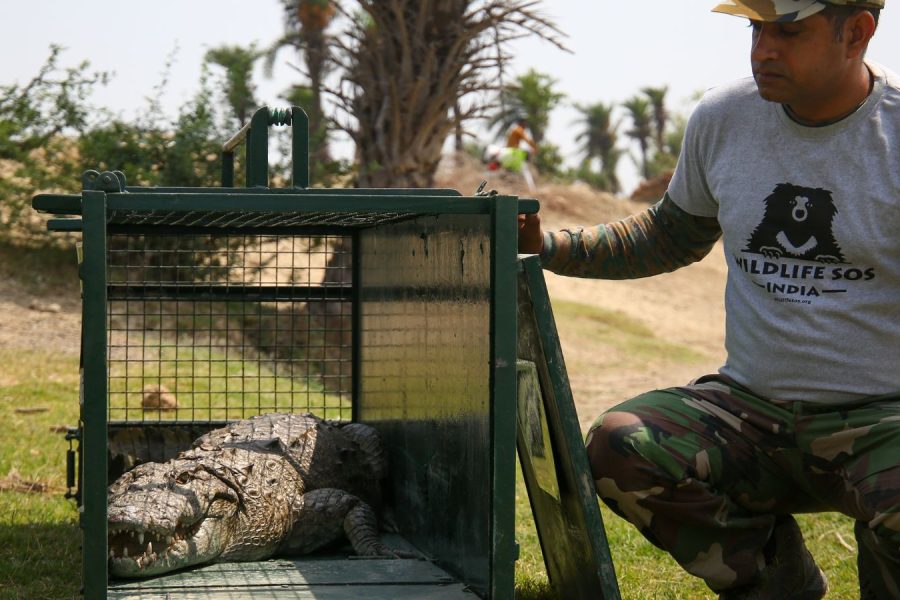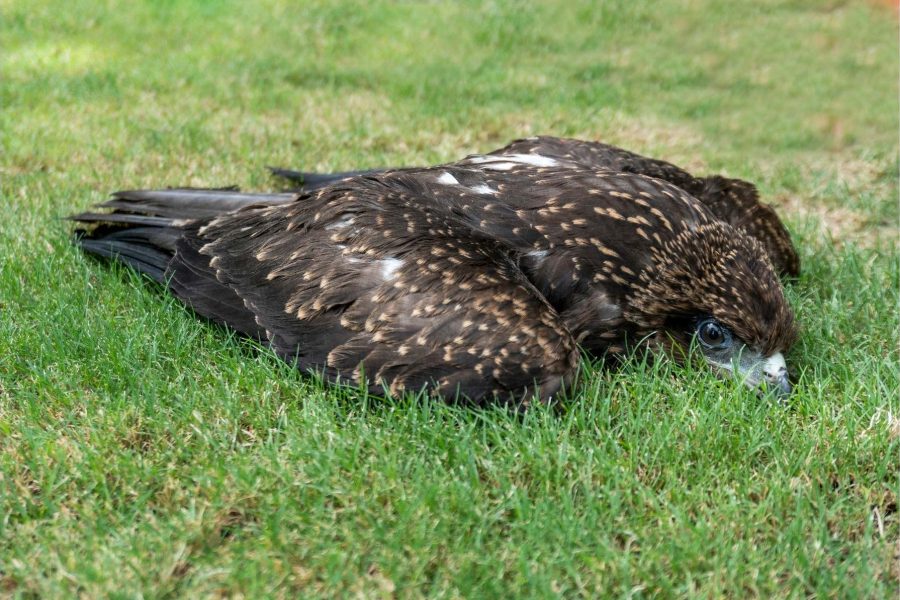As we try to put our finger on the patterns of rising illnesses through the past decades and compare them to the Covid-19 pandemic, we come to an enlightening realization. The Coronavirus disease has one thing in common with diseases like Ebola, SARS, Nipah, Bird flu, Rabies and Bubonic Plague – they all were transmitted from wild animals to humans. Also called zoonosis, the novel Coronavirus (SARS-CoV-2) is a zoonotic disease, which are illnesses caused when germs are passed from animals to humans.
According to the Centers for Disease Control and Prevention, USA, Coronaviruses are a large family of viruses. Some cause illness in people, and others cause illness in certain types of animals. Coronaviruses that infect animals can sometimes be spread to people, but this is rare.
Research says that pandemics are on the rise as interaction with wildlife increases; and 60% of the rise in diseases can be attributed to zoonotic factors. This virus was first identified in Wuhan, China, in persons exposed to a seafood or wet market. Because of the intensity of this pandemic, virtually everything has grinded to a standstill, including the wet markets. But with China regaining control over the disease, these markets are reopening, despite numerous warnings from various conservation experts and scientists.
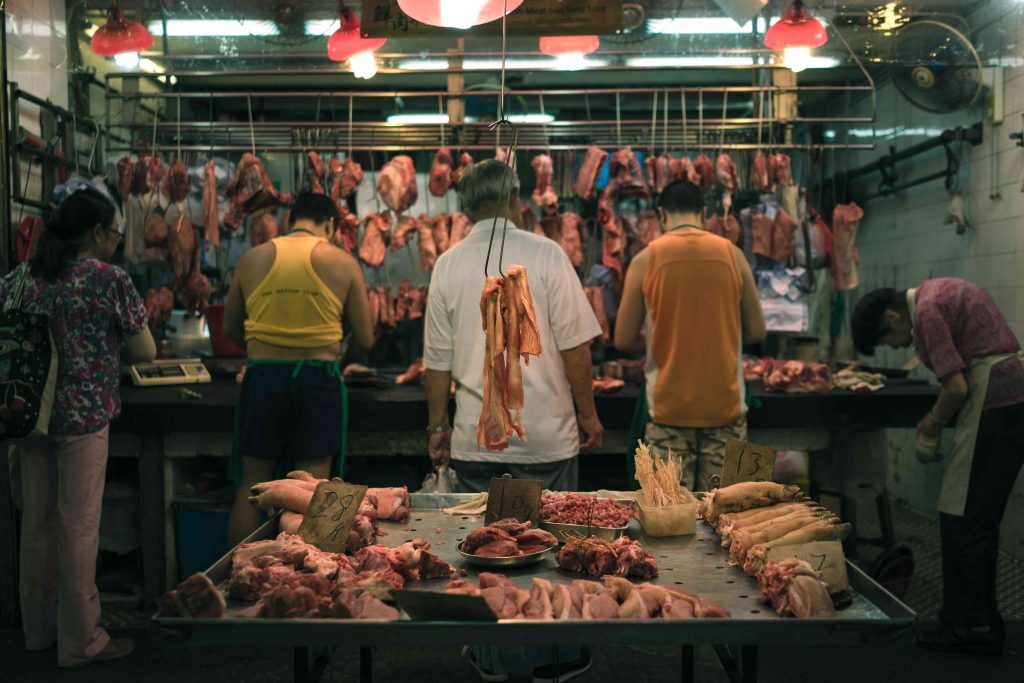
The inevitable increase in global pandemics can only be stopped by protecting natural habitats and also wild animals by dropping the practice of rampant harvesting. The increase in human population is directly proportional to the increasing pressure on food sources, which leads to growing conflict and fierce competition. All of these build up to dangerous zoonotic diseases which most countries simply do not have the resources to fight.
There are certain actions that we can take to ensure that we have a fighting chance in the face of further dangers. For instance, putting an instant halt to the wet markets that were the origin of the Covid-19 pandemic is an immediate necessity. As troublesome reports of the markets reopening have emerged, it only looks like a matter of time before we battle another crippling pandemic. This also includes creating airtight legislation protecting wildlife and creating undisturbed spaces to ensure that the pressure on essential natural resources eases. Maintaining a healthy balance between ecosystems is the need of the hour as is developing a respect for those who inhabit the planet along with humanity.
The Director of Research and Veterinary Operations at Wildlife SOS, Dr Arun Sha opined that it is important to remember that animals are not to be blamed for the pandemic. Burgeoning wildlife trade, increasing urbanization, rapid development and expanding agricultural land have driven humans and wild animals into closer contact than ever before, thus creating ideal situations for similar illnesses to emerge. Our current scenario is a culmination of decades of exploitation and poor choices on our part.
In a world where everybody is fighting over resources, it can get tough to manage sufficiently. When we cut down large swaths of trees, we are snatching homes and habitats away from some vulnerable, endemic species in the wild. As they have nowhere to go, they end up in human habitats leading to much closer contact and the spread of diseases. When they are slaughtered in masses for the consumption of meat, pathogens spread to us, causing a host of illnesses. The ever shifting equation between humans and animals and the dynamic interface is constantly influenced by the effects of climate change and anthropogenic and natural factors. Travel, tourism and trade are also major factors impacting the spread of zoonotic diseases.
In the words of Kartick Satyanarayan, the CEO & Co-founder of Wildlife SOS, “The lock down is, indeed, a time for introspection. It is a time to question many of our supposed ‘needs’ – entertainment through wildlife such as riding or performing circuses, allowing the use of wild animals like pangolins, bears, bats, tigers etc for traditional medicine thus encouraging illegal poaching of many endangered species for their body parts, encouraging consumption of bushmeat and wild animals. We need to examine the ethics that lie behind many of these practices and also examine their direct impact on human health, health of the environment and its consequences for the health of the oceans and earth itself.”
Wildlife SOS endorses the importance of making much-needed changes amid the COVID19 pandemic to maintain a healthy balance and shutting down practices that support the exploitation of wildlife for human consumption.

